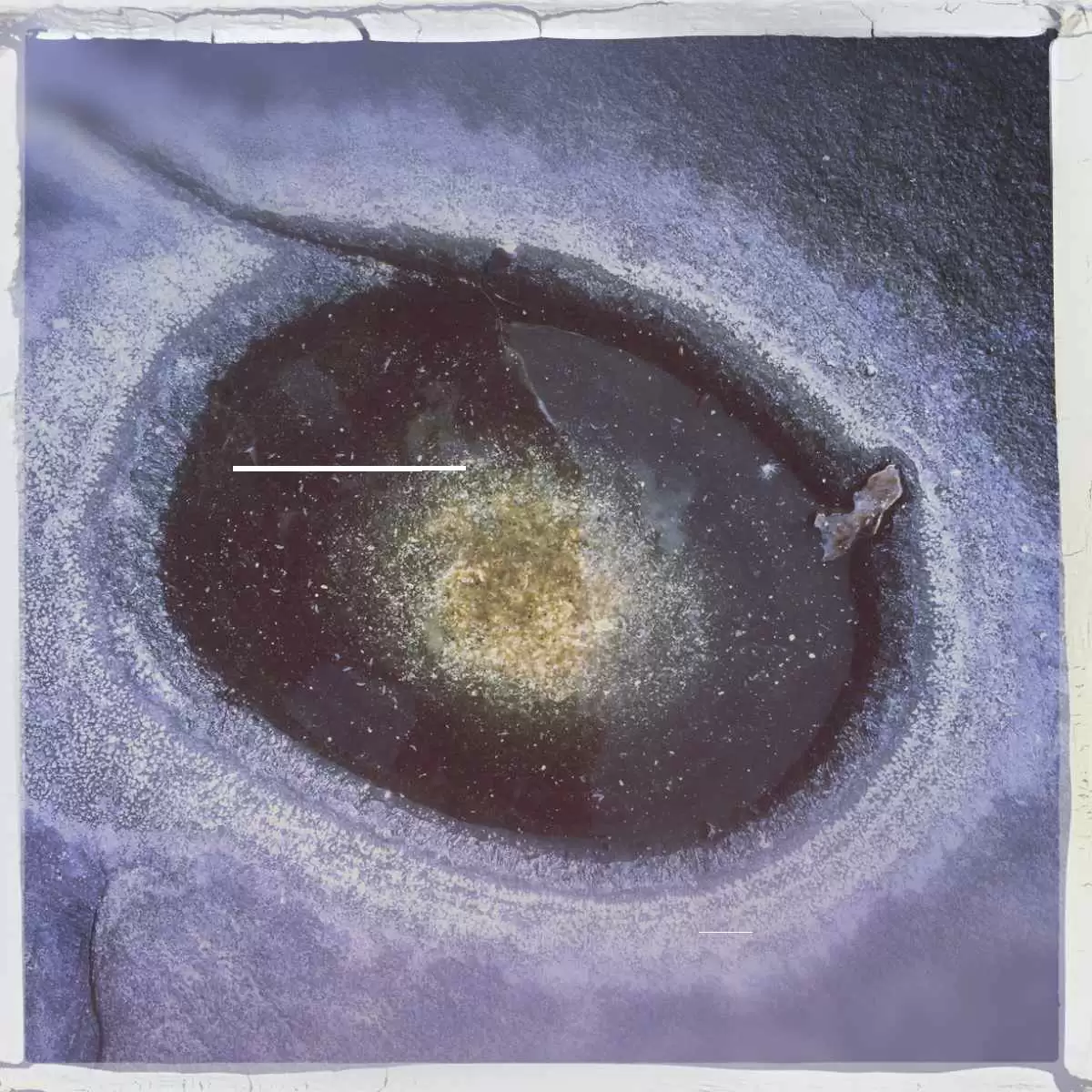Celiac.com 04/19/2010 - Celiac disease is a vastly growing epidemic. 1 in 133 people have celiac disease, and only about 3% of those people are accurately diagnosed with celiac. Celiac can be a silent killer if left undiagnosed, and can present itself in the guise of irritable bowel syndrome, anemia, and colon cancer to name a few. That's why it is of utmost importance to diagnose celiac disease early on. Current studies are being conducted to determine when and why the onset of celiac occurs. In recent years epidemiological studies are indicating that the timing of the introduction of gluten, combined with breastfeeding patterns, may play an important role in the onset and development of celiac disease.
It is very difficult to determine the true prevalence of celiac disease, due to the fact that celiac symptoms can be entirely asymptomatic, or painfully symptomatic, and the reasons for the variations in symptoms are still unknown. Individuals who test positive for the DQ2/8 antibody are genetically predisposed for celiac. However, when exposed to gluten, only about 4% of those predisposed individuals develop celiac. This finding has led researchers to recognize the importance of other genetic factors that must also be playing a role in the development of celiac disease.
Celiac.com Sponsor (A12):
In recent years, remarkable scientific advances have been made concerning celiac disease. Seven additional candidate genes have recently been discovered to be possible contributors to celiac disease developments. Additionally, new findings suggest that early introduction of solid foods may also lead to development of gluten intolerance. In England, the incidence of celiac disease showed considerable decline in the 1970's following doctor recommendations to avoid adding cereals to formula diets, and to avoid the introduction of gluten to children before 4 months of age.
A new ten-year study which evaluated the age at first introduction of gluten containing foods, highlighted stronger epidemiological evidence regarding the timing of introduction of gluten than previously documented. The study assessed 1,560 children between the ages of 3 and 7 months who were at risk for celiac disease or type 1 diabetes. The results of the study showed that out of 51 children who developed celiac disease autoimmunity (CDA), those who were exposed to gluten in the first 3 months of their lives had a 5-fold increased risk of CDA than those children who were exposed to gluten at 4 to 6 months of age. Moreover, children who ingested gluten for the first time at 7 months of age or after, showed an increased hazard ratio compared to children who were introduced to gluten at 4 to 6 months of age. The results of this study indicate a connection to gluten introduction and age introduced, thereby confirming the existence of a “window period” for gluten introduction.
Celiac disease became a rising epidemic in Sweden in the mid 1980's. The influx of celiac patients under 2 years old was cause for concern, considering neighboring countries were seeing a decline in celiac patients during that same time period. The Swedish celiac epidemic pattern was eventually correlated to the new dietary guidelines, which as a result of the study, were later changed. The initial dietary guidelines mandated that infants were to be introduced to gluten only after they were weaned from breastfeeding, and larger amounts of gluten were given to the infants during this time. Further findings of the study showed that while the amount of gluten introduced during weaning of the children may play a critical role in the development and onset of CDA in genetically predisposed children, although it did not protect the children from asymptomatic celiac disease. This and other consequent studies strongly support the theory that the amount of gluten ingested during the introduction of gluten in the diet, also plays an important role in the onset of celiac disease.
The direct correlation between celiac disease and breastfeeding is a hot topic. While many people have varying opinions of whether or not breastfeeding can contribute to the onset of celiac, new studies demonstrate some very important findings. In England, meta-analysis findings show strong evidence that children who were still breastfeeding during the time when gluten was introduced to their diet, had a 52% reduction risk of developing celiac disease. These findings conclude that breastfeeding during the time when gluten is introduced into the diet, can prevent many, if not most cases of symptomatic celiac disease. Additionally, Swedish observations showed that children that were breastfed at the first exposure to gluten, exhibited a lower risk of developing celiac disease than children that were formula fed. The amount of gluten introduced into the diet did not make a difference in these cases. Even if the amount of gluten was high, the risk of developing celiac disease was reduced. Furthermore, the risk was reduced even more if the child continued to breastfeed after gluten introduction. At Chicago University, students did a study that showed that children breastfed at the time gluten was introduced into their diet, were as likely to develop intestinal as extra-intestinal symptoms, and children who were not breastfeeding when gluten was introduced showed a higher chance of showing intestinal symptoms.
These studies confirm the possibility of a “window” period for gluten introduction. This new evidence suggests that there is actually a “window” of time for gluten to be introduced into the diet, where there is a reduced risk of the subsequent development of celiac disease. As a result of these findings, the European Society for Pediatric Gastroenterology, Hepatology and Nutrition (ESPGHAN) committee recommend avoidance of early and late introduction of gluten. The recommended age is older than 4 months of age, but younger than 7 months. It is also recommended to introduce gluten gradually, in small amounts and while your child is still nursing.
Source:
- World J Gastroenterol 2010 April 28; 16(16): 1939-1942






Recommended Comments